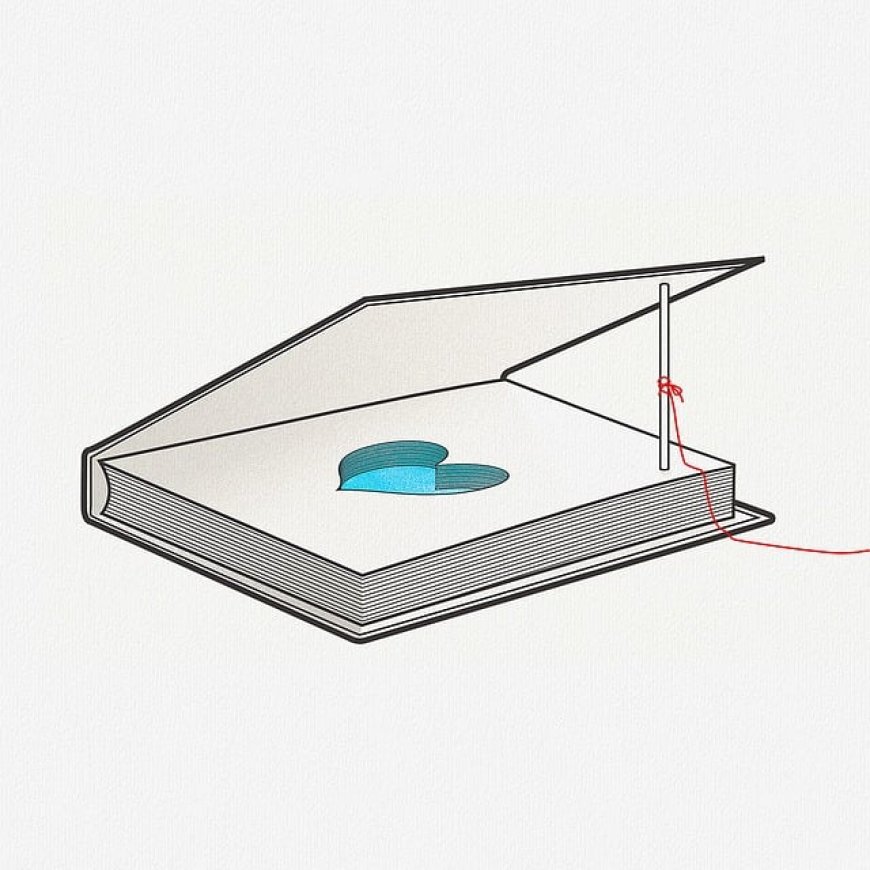How Teachers Can Help Students Read and Understand Better
These are some of the tips that teachers can use to improve their students’ reading comprehension skills.

This article offers some tips for teachers who want to improve their students’ reading comprehension skills. Reading comprehension is the ability to read and understand texts, which is essential for students’ learning and academic success. However, some students may face difficulties in reading comprehension due to various factors, such as:
- Limited vocabulary
- Inappropriate or irrelevant texts
- Poor reading habits
- Low concentration or motivation
- Prejudice or bias
To address these challenges, teachers can use the following tips to help their students read and understand better:
Build their vocabulary.
Some possible ways that teachers can enhance their students' vocabulary are:
- Providing context clues and examples to infer the definitions of unfamiliar words.
- Encouraging students to use dictionaries, thesaurus, and online resources to look up the meanings and synonyms of words they encounter.
- Introducing word families, prefixes, suffixes, and root words to help students recognise the patterns and relationships among words
- Engaging students in word games, puzzles, and activities that require them to use and apply their new words in different situations
- Reviewing and reinforcing the new words regularly and assessing their understanding and usage.
Select suitable texts.
Teachers can help their students read more effectively by choosing texts that match their level of interest. Teachers can also adapt or modify the texts to suit their students’ needs and preferences. By selecting suitable texts, students can read more comfortably and enjoyably and relate to the text better.
Encourage regular reading: Teachers can help their students read more often by creating opportunities and incentives for reading, such as:
- Assigning reading tasks or projects
- Creating a reading corner or library
- Recommending books or articles
- Organising reading clubs or competitions
Encourage numerous readings.
Teachers can help their students read more deeply by asking them to read the text more than once, with different purposes or questions. Teachers can also guide their students to use different strategies or techniques for each reading, such as:
- Skimming or scanning for general ideas
- Reading for details or specific information
- Reading for inference or interpretation
- Reading for evaluation or criticism
Call for summarising
One way to improve students' reading skills is to ask them to write a summary of what they have read. This can help them to understand the main ideas and arguments of the text, as well as to identify the author's purpose and perspective. To make the summarising task more challenging and engaging, teachers can vary the format or style of the summary, such as:
- A bullet-point list of the key points or facts
- A paragraph that synthesises the main message or theme
- A diagram or graphic organiser that shows the relationships between the concepts or events
- A tweet or a headline that captures the essence of the text
- A question or a comment that invites further discussion or reflection
Teach them to identify the main theme.
Teachers can help their students read more purposefully by teaching them to identify the main theme of the text. The main theme is the central idea or message that the author wants to convey. By identifying the main theme, students can focus on the most important information and avoid distractions.
Help students overcome bias.
Teachers can help their students read more objectively by helping them overcome bias. Bias is a preconceived opinion or attitude that affects how one reads and understands a text. Bias can be caused by personal experience, background, culture, emotion, etc. By helping them overcome bias, teachers can help their students read more fairly and accurately.
Train them to concentrate. Teachers can help their students read more attentively by training them to concentrate. Concentration is the ability to focus one’s mind on a single thing for a given period of time. Concentration can be improved by using different exercises, such as:
- Breathing deeply and calmly
- Meditating or relaxing
- Listening to soothing music or sounds
- Eliminating distractions or noises
These are some of the tips that teachers can use to improve their students’ reading comprehension skills. However, teachers should also be aware of the challenges and limitations of these tips, such as possible conflicts, resentment, or apathy among students. Therefore, teachers should use these tips wisely and carefully and provide adequate guidance and support for their students.
What's Your Reaction?























![Apple Pencil vs. Magic Keyboard [Student-Focused Review]](https://eduxpdf.com/uploads/images/202404/image_430x256_662234ec7da13.webp)












![Apple Pencil vs. Magic Keyboard [Student-Focused Review]](https://eduxpdf.com/uploads/images/202404/image_140x98_662234ecd597a.webp)




